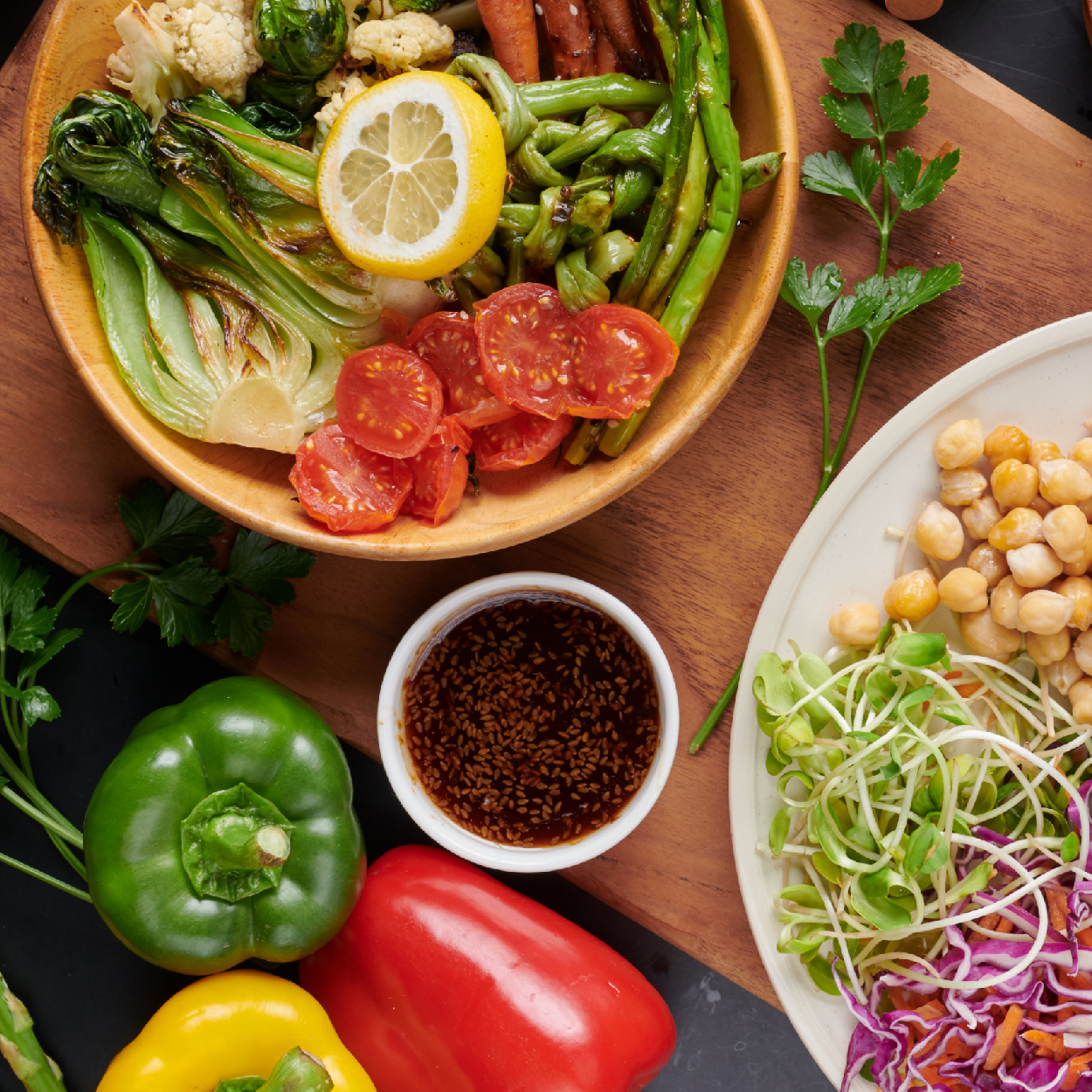This article is going to address how self-defeating thinking perpetuates negative feelings around poor body image. The impact that these thoughts and feelings have on a person’s self-esteem can be paramount to the destruction of one’s confidence and happiness. Before a person with weight issues can utilize strategies to lose weight and find a happier life, they need to understand what they are feeling and where the feelings are coming from. There are many common negative feelings and thoughts that surround being overweight while living with pre-diabetes or type 2 diabetes.
Feelings
Isolation is a very common feeling on many levels from feeling that they don’t fit in socially to actual isolation where a person stops going to social events. The fear that people will think poorly of them can take over and can increase one’s isolation.
Feelings of worthlessness take over impacting one’s abilities to reach out for help. While thoughts of self-deprecation about all the things, a person is not and all the reasons why their not worth helping happen. “No one would help a loser like me! I have no self-control! I did this to myself! I caused my diabetes!”
With isolation comes loneliness, but it is already there. Feeling lonely does not just happen when a person is alone but can happen anywhere. With a society that screams, “thin is good and fat is bad, would you like fries with that?” it is hard to not feel out of place in social settings. The grocery store can cause problems for some that are overweight.
Feelings of objectification come into play. As that individual, whether real or imagined, feel the stare of the people around them. Feeling that people are judging them as though they wanted and deliberately chose to be overweight when that is furthest from the truth.
Even if a person feels it is furthest from the truth they may choose to focus on their diabetes, but “if I had just controlled myself all these years I wouldn’t have type 2 diabetes, would I?! After all, I did this to myself, and I am angry and sad.” The self-blaming continues!
Embarrassment is stemming from how they look to the physical boundaries of the world around them. How would you feel on the bus, train, plane or squeezing through a turnstile. For most overweight people, it becomes an emotional pressure cooker.
Imagine for a moment being a size sixteen in a size eight world. You may feel angry; you may feel judged by the people around you but at your core you are mad at yourself. You may feel like a failure, exhausted, rundown and beaten both emotionally and physically. But as you sit there you say to yourself “I did it to myself, I deserve their stares and I am such a loser.”
Living With Self-Blame
Thoughts, feelings, and behavior are intimately tied together. It is important to understand that when we think negatively about ourselves, we feel bad, and when we feel bad, we blame ourselves. Self-blame is negative thinking that increases how we feel and view ourselves negatively. Eventually, the emotional pain becomes so much that we need to fix it.
Some living with diabetes and overweight people turn to food for comfort, as a way to cope with these complex, negative and hurtful feelings. Sugary foods release dopamine making a person feel better, but it is only a temporary solution. It contributes one’s negative self-image while it continues a harmful behavior. People tend to feel guilty about turning to the very thing that contributed to their weight problem in the first place for comfort.
Reality
The truth is important, just not the one you made up, where you are responsible for every aspect of your weight issue. If you are not responsible for every aspect of your weight issue then who else is responsible. What is the truth?
No matter what we do we can only control our behavior to a certain point. Some people can control their behavior more than others, but no one has 100 percent control of every action they do.
Being as honest as you can with yourself, about what you have versus what you don’t have control of can help greatly.
Life Skills
Did you have a healthy home life growing up with health boundaries around food? Growing up did you learn multiple health ways to cope with life? When growing up, and things at home were bad did you turn to food to feel better?
The majorities of our behaviors get learned during childhood and then solidify as patterns as we get older. If there was no one to teach us healthy coping skills or the people who were supposed to teach us health life skills were unable to teach us, then how could we have turned out any different? Unless you had therapy from birth, it is most likely that you did not receive the life skills and education needed to have lived a healthier life than the one you have now.
Honesty
Be honest with yourself, do you still think that you are 100 percent responsible for your weight issues? Well, lets look at the social factors.
Social Pressure
Most social gatherings happen around food, and one has to be very strong. Especially when a colleague from work brings in donuts for everyone. When a person works in a large office, it is always someone’s birthday and peer pressure is great. We wouldn’t want to impolite and not eat a little cake.
Fact: Peer pressure and what food is available can be a factor in how you eat.
Coping With It All
There are hundreds of triggers, negative influences and aspects of family history, which you had no control over that got you to where you are today. Weight, food, and consumption are a complex issue and how do you cope with it all?
Don’t be so hard on yourself, and learn new coping skills to replace emotional eating. Try some of these coping strategies in order to replace the eating:
- Read an enjoyable book
- Watch a funny movie
- Go for a walk
- Find and work on a hobby
- Talk to supportive friends
Seek Professional Help. Some of these providers who specialize in diabetes treatment could help:
- Psychotherapist
- Certified Diabetes Educators
- Dietitians
Seek Self-Help. Support groups and reading up on the topic can assist people in processing how they feel and help them move past these feelings.
- Overeaters Anonymous
- Self-Help Books
All of the above coping techniques can start to change how we think and view ourselves. If you have been living with the weight and food issue for a long time, start with the professional help first. Hopefully, you no longer view your weight issue as 100 percent your fault. Changing negative self-blaming to a more positive, realistic way of thinking can give you the energy to take action toward a better, thinner, healthier you. If you take one thing away from this please understand that upbringing and environment play a much bigger role in why so many people struggle with weight issues every day. It’s not all you.
So be kind to yourself and get help if you need it. There is no shame in going to therapy to resolve the emotional turmoil you are going through.
Eliot LeBow, LCSW, CDE, is a diabetes-focused psychotherapist, diabetes-coach, presenter, and writer. His private practice is located in New York City and is also available via Skype. LeBow, who has been living with type 1 diabetes since 1977, treats the many diverse cognitive, behavioral, and emotional needs of people living with type 1 and type 2 diabetes. Diabetes-focused psychotherapy takes a holistic approach combining traditional talk therapy with diabetes education and management help. It addresses both the physical and emotional aspects of living life with diabetes while still addressing other non-diabetes related life problems to create a unique holistic approach to help people with diabetes thrive. For more information go to his Facebook Page or setup a free 30 minute phone consultation to see if talk therapy is right for you.





